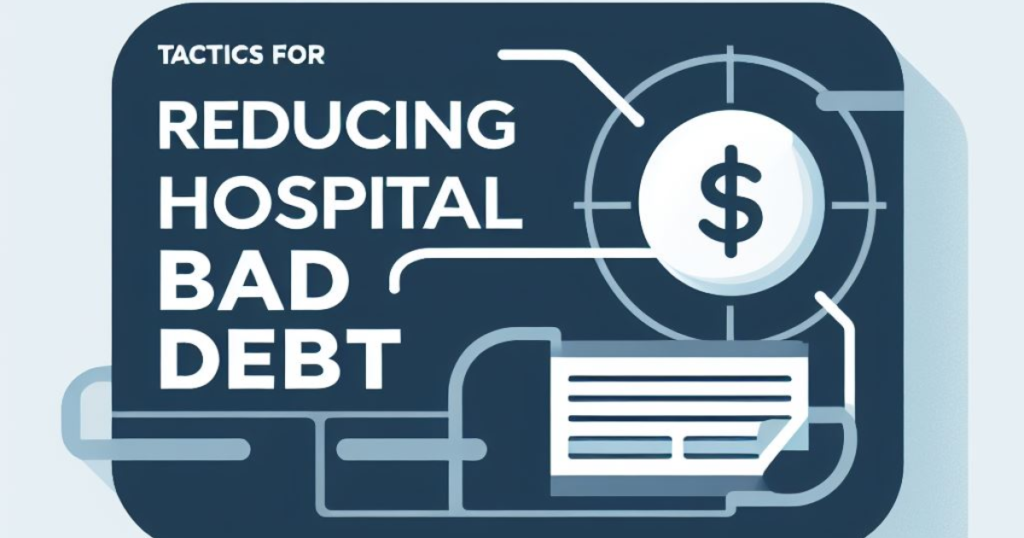
As the demands for urgent care services grow, medical practices are faced with crucial decisions on how to handle billing processes effectively. The efficiency and accuracy of billing operations directly impact revenue collection, patient satisfaction, and overall practice management. One critical consideration that administrators must address is whether to handle billing in-house or outsource it to a specialized medical billing company. This article will examine the pros and cons of both options to help urgent care providers make an informed decision.
How Does Urgent Care Billing Work?
Before delving into the decision-making process, it is essential to understand the intricacies of urgent care billing. Urgent care centers typically offer prompt medical care for non-emergency conditions and injuries without the need for appointments. Once a patient visits an urgent care facility, they are assessed, treated, and discharged in a relatively short time frame. Following the patient’s visit, the billing process commences to ensure timely reimbursement for the services rendered.
The urgent care billing workflow involves several steps:
- Patient Registration:
- Gathering patient demographics and insurance information.
- Verifying insurance coverage and eligibility.
- Medical Coding:
- Assigning appropriate medical codes to the services provided.
- Accurately documenting the diagnosis and procedures performed.
- Claim Generation:
- Compiling necessary information into a claim form.
- Submitting the claim to the insurance company for reimbursement.
- Insurance Follow-Up:
- Monitoring claim status and resolving any issues with the insurance company.
- Advocating for timely payment and resolving denials or appeals.
- Patient Billing:
- Generating patient statements and invoices.
- Collecting patient payments and managing accounts receivable.
In-House Billing: Pros and Cons
Pros of In-House Billing
Control and Oversight
When urgent care facilities handle billing in-house, they maintain direct control over the entire process. Administrators can track the progress of claims, monitor denials, and ensure timely follow-up. This level of oversight allows for quick identification and resolution of potential billing errors or discrepancies.
Familiarity with the Practice
In-house billing teams develop a deep understanding of the specific nuances of the urgent care practice they serve. This familiarity enables them to navigate the complexities of coding, claim submission, and insurance follow-up more effectively. They can adapt quickly to any changes in regulations or billing requirements.
Cons of In-House Billing
Increased Burden on Staff
Maintaining an in-house billing department places a significant workload on existing administrative staff. Billing requires expertise and dedicated resources, which can detract from other crucial practice functions. Additionally, staff may need to undergo continuous training to stay updated with complex billing rules and regulations.
Expenses and Technology
Establishing and maintaining an in-house billing department comes with financial implications. It requires investment in advanced software, hardware, and ongoing IT support. The cost of employing and training specialized billing staff, along with keeping up with industry changes, can be considerable.
Outsourcing Billing: Pros and Cons
Pros of Outsourcing Billing
Cost Savings
By outsourcing billing functions, urgent care providers can reduce overhead costs associated with an in-house billing department. Medical billing companies typically work on a percentage-based fee structure, sharing the financial risks and ensuring cost-effectiveness. This cost-saving potential allows urgent care practices to allocate resources to other critical areas.
Expertise and Efficiency
Outsourcing billing tasks to specialized medical billing companies brings the advantage of expertise and experience. These companies dedicate their resources to stay updated with the ever-changing billing regulations and industry standards. Their knowledge and efficient processes can result in higher clean claim rates and faster reimbursements.
Cons of Outsourcing Billing
Reduced Control
By relinquishing billing responsibilities to an external party, urgent care providers may feel a loss of control over the process. Outsourcing requires trust and effective communication to ensure that the medical billing company aligns with the practice’s goals and values. Clear expectations and regular performance evaluations can mitigate this concern.
Potential for Miscommunication
Outsourcing introduces an additional layer of communication between the medical practice, the billing company, and the insurance providers. Miscommunication can lead to delayed payments, claim denials, or inaccurate coding. Establishing effective lines of communication and maintaining transparent collaboration is crucial to minimize any potential issues.
The decision to handle urgent care billing in-house or outsource it requires careful consideration of the pros and cons associated with each option. While in-house billing offers greater control and familiarity with the practice, it places a heavy burden on existing staff and incurs additional expenses. On the other hand, outsourcing billing can result in cost savings and leverage specialized expertise, but may lead to reduced control over the process and potential miscommunication. Careful evaluation and thorough analysis of the specific needs and goals of the practice are vital before making a final decision. Ultimately, the goal should be to opt for a solution that maximizes revenue collection, enhances patient satisfaction, and streamlines practice management for long-term success.





